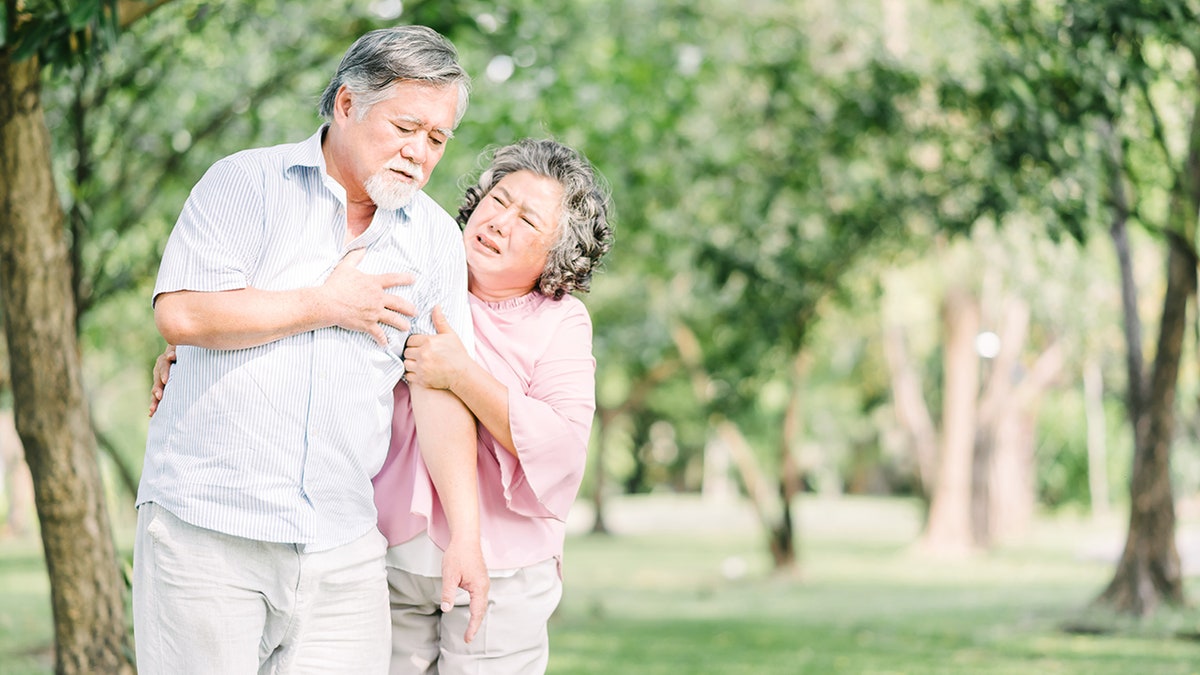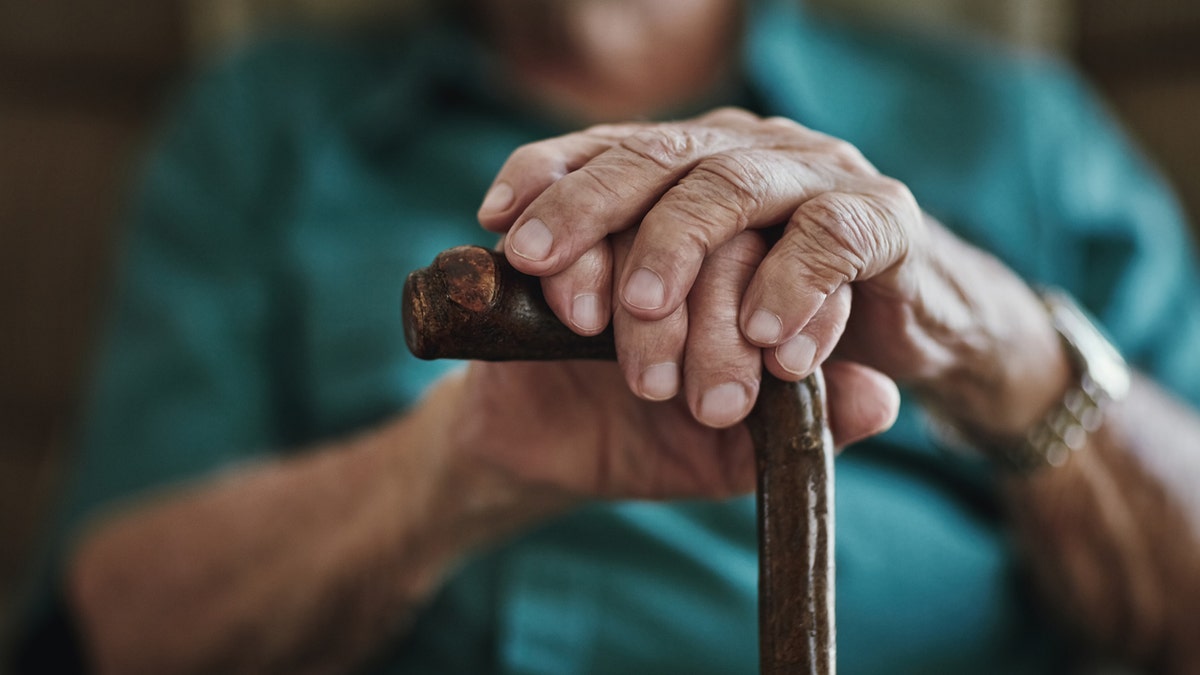Louisiana nonprofit sees more interest in heart screenings after Damar Hamlin collapse
Two weeks ago, the nation came together to rally behind Buffalo Bills player Damar Hamlin after he collapsed during a game because of a heart issue. The incident is putting renewed attention on keeping student athletes safe.
Isolation and loneliness are common symptoms that correlate to cardiovascular disease for older adults living in the United States — and can lead to other chronic illnesses, according to recent studies.
As millions of people across the U.S. celebrate American Heart Month, health agencies have reiterated that heart disease remains the leading cause of death in the country.
The Centers for Disease Control and Prevention says that one person loses his or her life every 34 seconds due to a heart-related disease.
In 2020, nearly 700,000 Americans died from cardiovascular disease, with an estimated heart attack occurring in the country approximately every 40 seconds.
Also, the U.S. health care industry spends hundreds of billion annually to treat cardiovascular diseases.
How does social isolation affect the heart?
A study published by the Journal of the American Heart Association in August 2022 found that factors involving social isolation and loneliness correlated to a nearly 30% increase in the risk of heart disease, stroke or death.

Older adults experiencing isolation or loneliness have a higher risk of a heart attack, according to a recent study. (iStock)
Researchers also noted that more information is needed to understand the treatments to adverse the negative effects of social isolation on cardiovascular health.
"Over four decades of research has clearly demonstrated that social isolation and loneliness are both associated with adverse health outcomes," said Crystal Wiley Cené, a professor of clinical medicine and chief administrative officer for health equity, diversity and inclusion at the University of California San Diego Health in a statement.
"Given the prevalence of social disconnectedness across the U.S., the public health impact is quite significant."

Individuals who experienced isolation were likely to have physiological symptoms of chronic stress. (iStock)
Moreover, the study said that groups such as older adults, disenfranchised racial or ethnic groups, and people with disabilities tended to be at an increased risk of social isolation and experience loneliness.
CLICK HERE TO SIGN UP FOR OUR LIFESTYLE NEWSLETTER
The effects may have lasting damage on the heart and brain health, according to the study.
Individuals who experienced isolation were likely to have physiological symptoms of chronic stress.
How many people are affected by isolation?
The National Academies of Sciences, Engineering, and Medicine completed a report in 2020 that showed more than a third of adults in the United States ages 45 and older, experience symptoms of loneliness, while nearly one-fourth of adults over the age of 65 feel isolated. Contributing and consistent factors for these symptoms include the loss of family or friends, hearing loss and living alone

Adults with depression often have a sedentary lifestyle and a poor diet. (iStock)
The study also confirmed that adults who experienced loneliness were more likely to have heart disease or other chronic illnesses.
What are the other health risks?
Socially isolated adults, on average, according to the study published by the American Heart Association, have a 40% increased risk of having a recurrent stroke.

Adults suffering with loneliness tend to be at greater risk for stroke and have poor brain health. (iStock)
In addition, these adults were also at greater risk of deteriorating brain health due to having a more sedentary lifestyle and poor diet.
Symptoms of depression and isolation correlated with fewer fruit and vegetable intake as well as the development of unhealthy habits such as smoking.





















